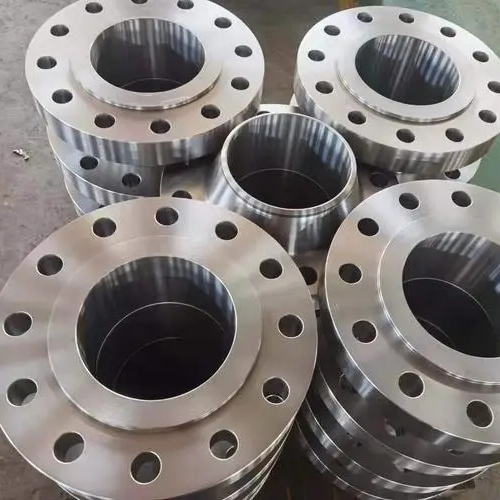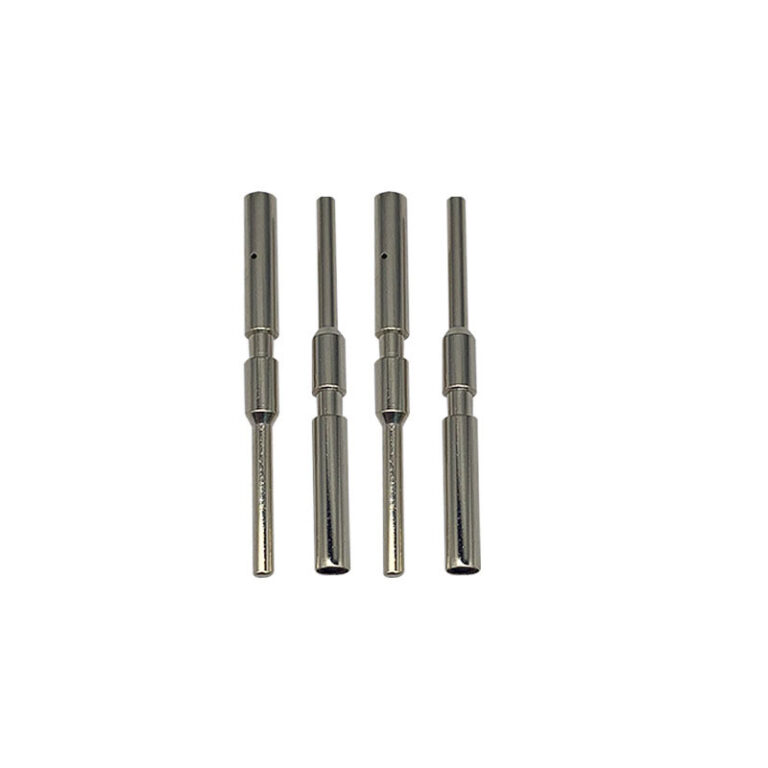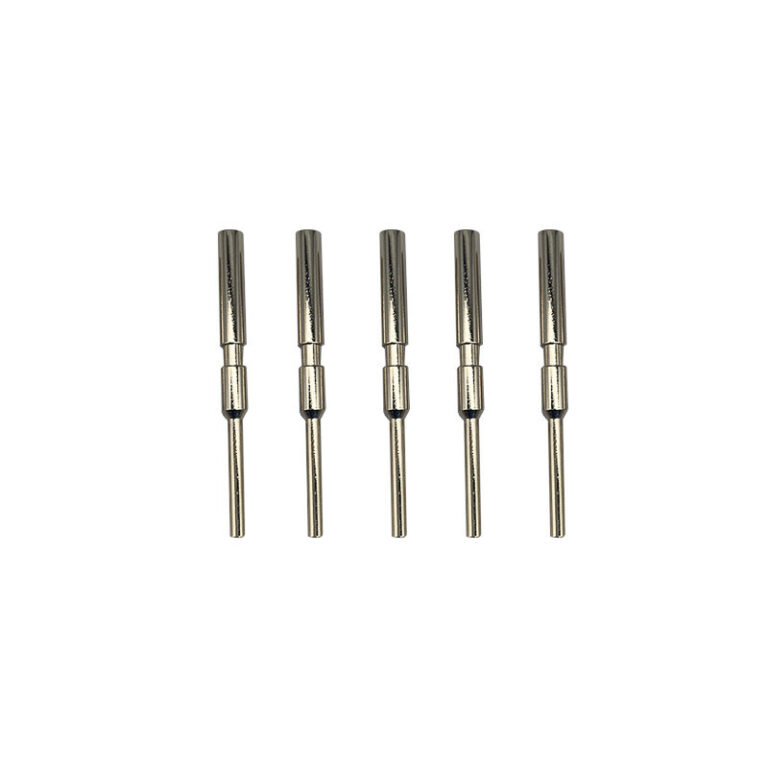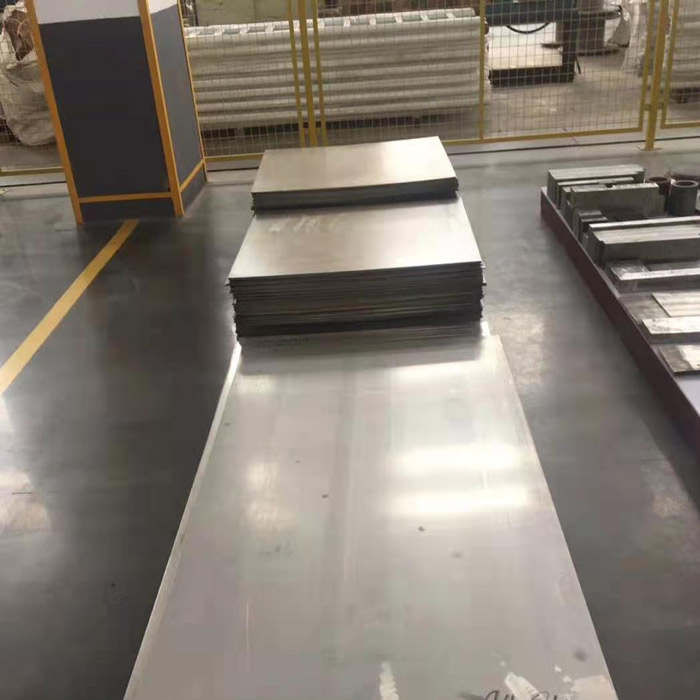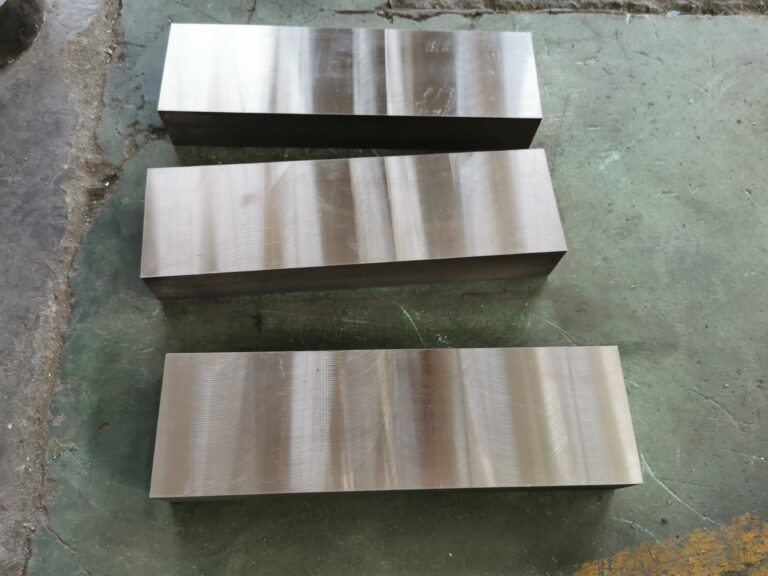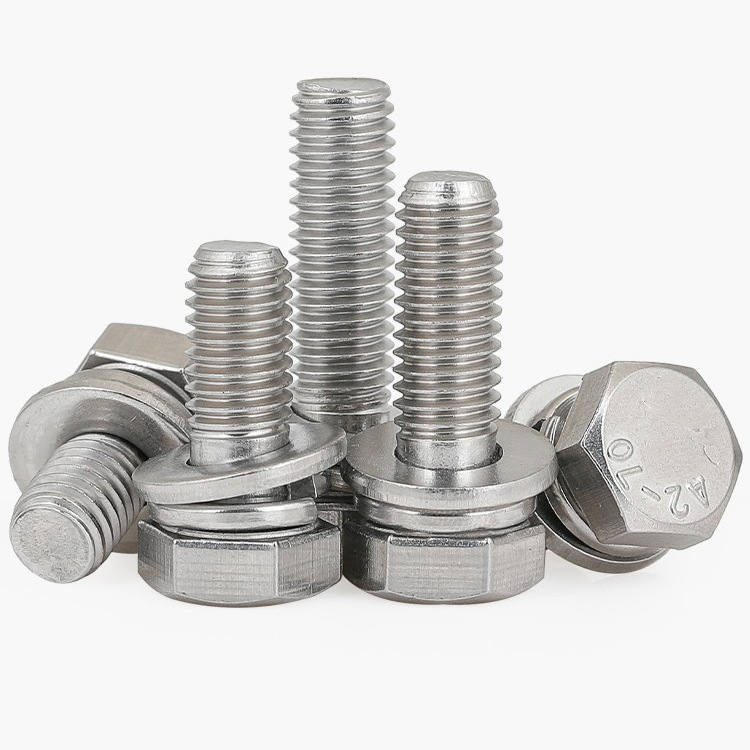Precision alloy pins play a critical role in industrial applications, primarily used to ensure the accurate alignment and secure connection of components in mechanical systems. Here are some application areas of precision alloy pins:
- Machinery Manufacturing: In machinery manufacturing, precision alloy pins are used to connect and fix components, ensuring precise positioning and stable connections, widely applied in mechanical equipment, molds, electronic devices, and other fields.
- Automotive Industry: In the automotive industry, precision alloy pins are used for connecting and aligning components such as engines, transmission systems, suspension systems, and other mechanical parts, enhancing the vehicle’s overall performance and safety.
- Aerospace: In the aerospace sector, precision alloy pins are used in aircraft structural assembly, engine components, and landing gear systems, requiring stringent quality and precision standards to ensure the reliability and safety of aircraft.
- Medical Devices: In the medical device field, precision alloy pins are used for connecting and securing surgical instruments, implants, and other medical equipment, often employing biocompatible materials such as titanium alloys that resist sterilization.
- Electronics and Electrical Industry: In the electronics and electrical industry, precision alloy pins are used for connecting and securing circuit boards, connectors, and electronic components, requiring good conductivity and corrosion resistance to improve the stability and reliability of electronic devices.
- Mold Design: In mold design, core pins (precision alloy pins used in molds) are essential in the injection molding process to form internal features of parts such as holes, slots, and other intricate details. They are typically made from wear-resistant materials like high-strength H13 tool steel or tungsten carbide.
- Construction Industry: In the construction industry, precision alloy pins are used for connecting and assembling structural elements, pipelines, and mechanical equipment, requiring high strength and corrosion resistance to ensure the safety and durability of building structures.
- Consumer Products: In the consumer products sector, precision alloy pins are used for connecting and securing household appliances, furniture, and sports equipment, enhancing product assembly efficiency and user experience.
The manufacturing process of precision alloy pins requires a high degree of precision and experience, including design and prototyping, material selection, production, heat treatment and grinding, and quality control steps. Commonly used materials include carbon steel, stainless steel, and special alloys, which directly affect the durability and performance of the pins.
